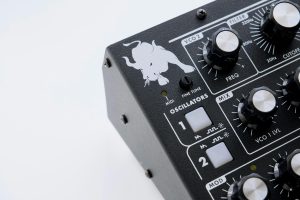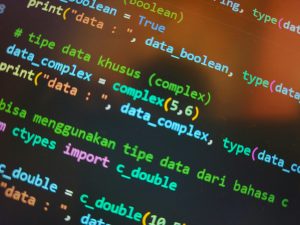What if we’ve been going about building AI all wrong?
Rethinking AI Development: Learning from Human Childhood for More Efficient Artificial Intelligence
In the quest to develop truly intelligent machines, the conventional approach has often involved training models on vast datasets with millions of examples, coupled with immense computational resources. However, emerging insights suggest that this may not be the only—or even the most effective—way to achieve human-like intelligence in artificial systems.
Recent discussions in AI research propose a paradigm shift inspired by how children learn. Rather than relying on massive amounts of data, some innovative systems focus on mimicking the way young learners acquire knowledge—by actively engaging with their environment and learning from a limited number of experiences. This approach leverages principles observed in early childhood development, where curiosity and interaction play a pivotal role in understanding the world around us.
One particularly compelling example is an AI system known as Monty. Unlike traditional models that require thousands or millions of examples, Monty demonstrates the ability to learn effectively from as few as 600 samples. This method represents a significant departure from the norm, emphasizing a more human-like learning process that may lead to more adaptable and efficient AI in the future.
If you’re interested in exploring this innovative approach further, I recommend reading a detailed analysis that delves into the design principles and potential implications of systems like Monty. The article discusses how adopting a curious, exploratory mindset—similar to that of a toddler—could revolutionize the way we develop intelligent machines, making them more resource-efficient and better at generalizing knowledge.
For a comprehensive understanding of this fascinating shift in AI development, check out the full discussion here: Hands-on Intelligence: Why the Future of AI Moves Like a Curious Toddler, Not a Supercomputer.
By embracing a biologically inspired approach, we open new avenues toward creating AI systems that learn faster, adapt more seamlessly, and perhaps emulate the remarkable efficiency of human learning in early childhood.














Post Comment